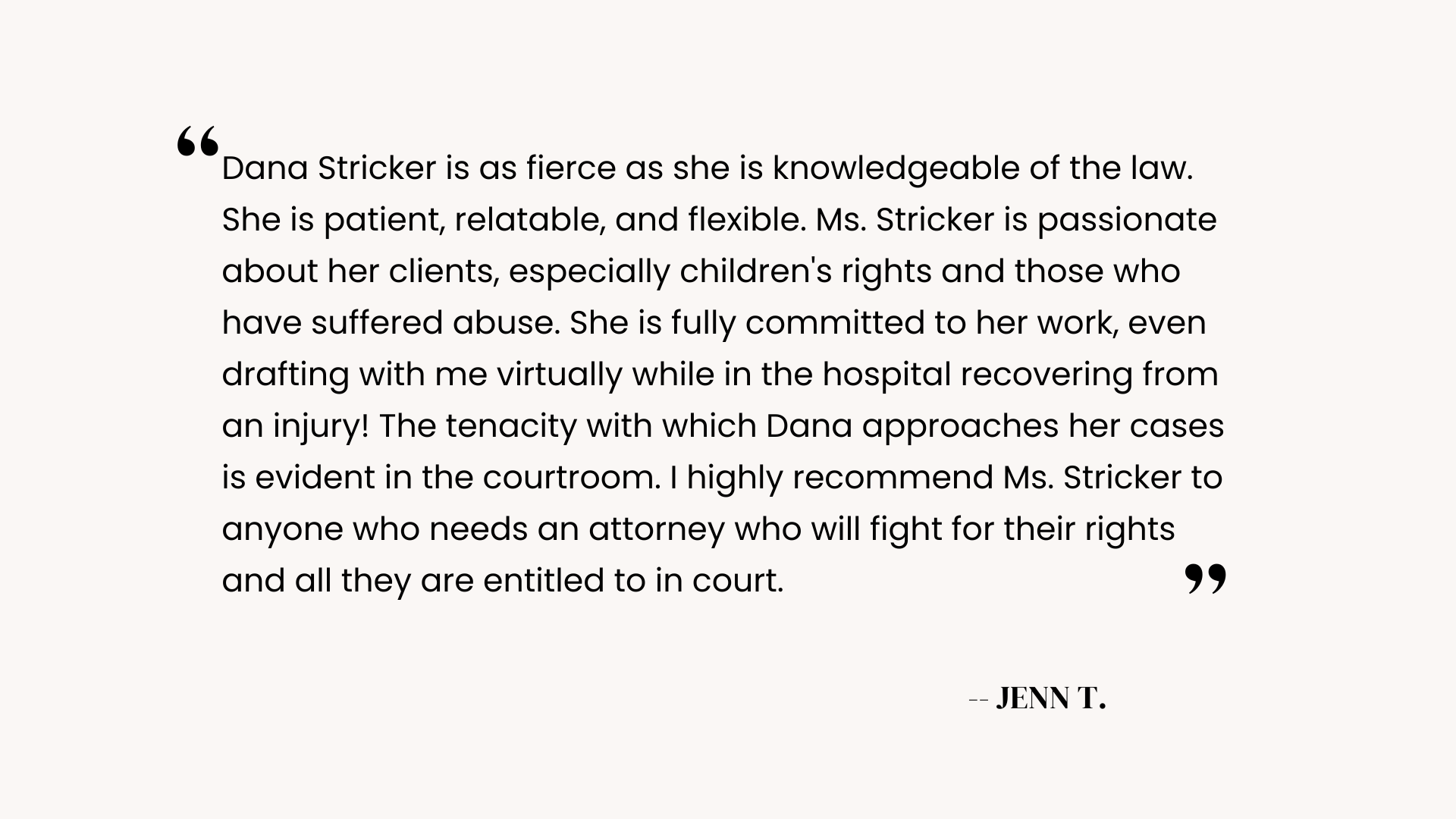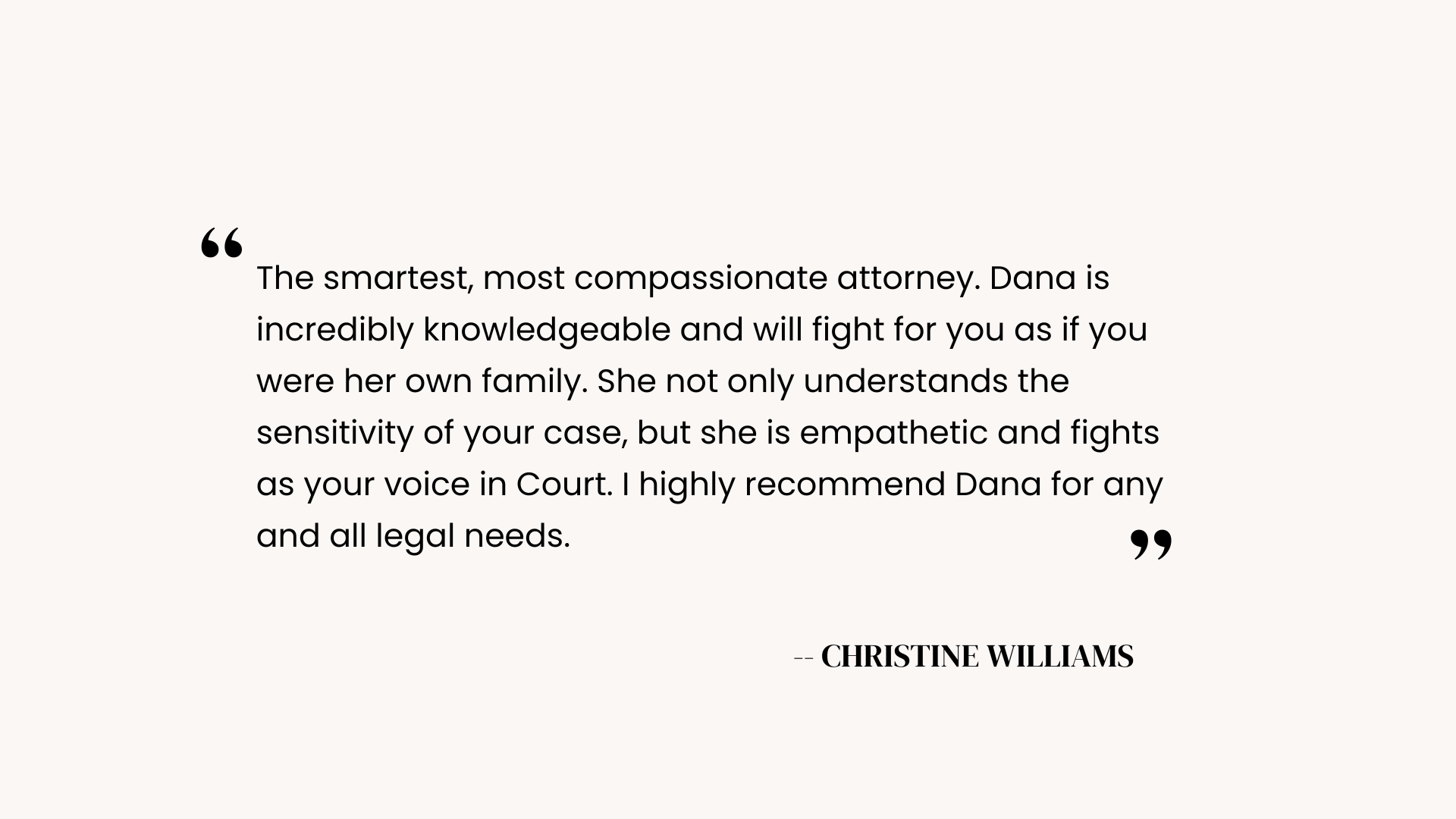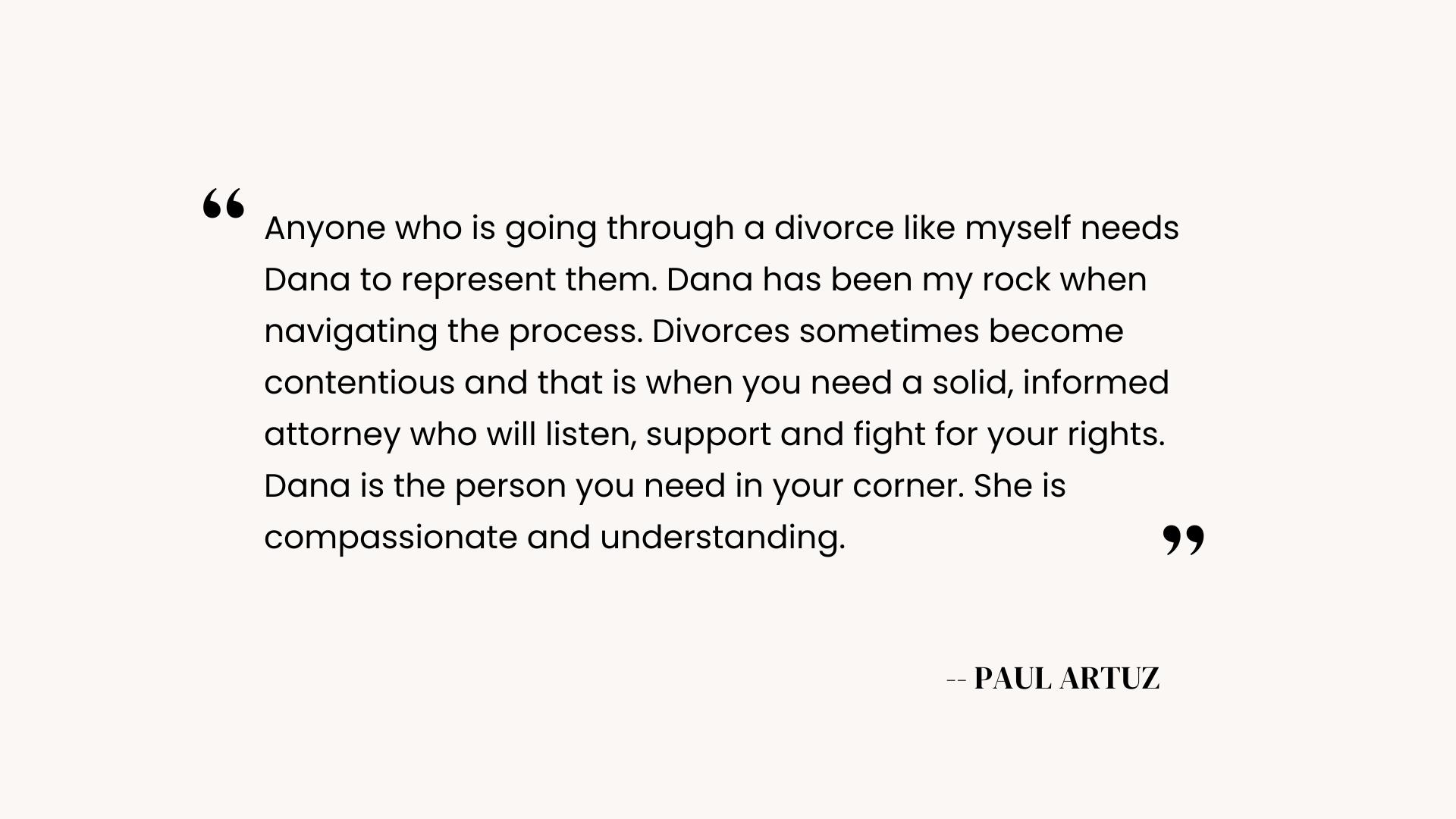New Paragraph
Advance Directives and Power of Attorney Services in New York City and the Lower Hudson Valley
Plan for the Unexpected and Protect Your Future
Advance directives, including living wills, Power of Attorney (POA) and Health Care Proxies, are essential legal documents that allow you to make decisions about your healthcare and financial matters in the event you are unable to do so yourself.
The Law Office of Dana Stricker, PLLC is dedicated to helping you create comprehensive advance directives that ensure your wishes are followed and your interests are protected.
Understanding Advance Directives
1. Living Will:
A living will is a legal document that outlines your preferences for medical treatment and end-of-life care if you become incapacitated and unable to communicate your wishes. It allows you to specify the medical treatments you do or do not want, such as life support measures, resuscitation, and organ donation.
2. Power of Attorney (POA):
A power of attorney is a legal document that designates someone to make financial and legal decisions on your behalf if you become unable to do so. There are two main types:
Financial Power of Attorney: Authorizes someone to manage your financial affairs, such as paying bills, managing investments, and making financial decisions.
Healthcare Power of Attorney: Authorizes someone to make medical decisions on your behalf, including treatment options, surgeries, and healthcare providers.
3. Healthcare Proxy:
Under the New York Health Care Proxy Law, you can designate a trusted individual, such as a family member or close friend, to make health care decisions on your behalf if you become unable to do so yourself. Appointing a health care agent ensures that your medical preferences are respected. Your agent will have the authority to interpret and apply your wishes as your medical condition evolves. Hospitals, doctors, and other health care providers are required to honor the decisions made by your agent as though they were your own.
You have the flexibility to grant your health care agent as much or as little authority as you choose. This includes the option to allow your agent to make all health care decisions or only specific ones. Additionally, you can provide your agent with specific instructions that they must follow. This form also serves to record your preferences regarding organ, eye, and/or tissue donation.
Our Advance Directives and Power of Attorney Services
- Comprehensive Consultation: We start with a thorough consultation to discuss your wishes, concerns, and goals for your advance directives.
- Drafting Documents: Ms. Stricker will draft legal documents tailored to your specific preferences and needs, ensuring they comply with New York State laws.
- Explanation and Review: We will review the documents, explaining their contents and ensuring your understanding before finalizing.
- Execution: We assist with the proper execution of the documents, ensuring they meet all legal requirements for validity.
- Agent Designation: We help you designate trustworthy individuals as your agents under the power of attorney, ensuring they understand their responsibilities.
- Document Storage: We provide guidance on safe storage and distribution of your advance directives to ensure they are accessible when needed.
Why Choose
The Law Office of
Dana Stricker, PLLC
- Legal Expertise: Ms. Stricker has in-depth knowledge of New York State laws regarding advance directives and powers of attorney.
- Personalized Approach: We tailor our services to your individual needs, ensuring your advance directives reflect your specific wishes and concerns.
- Clear Communication: We communicate with you clearly and compassionately, ensuring you fully understand the purpose and implications of your advance directives.
- Comprehensive Planning: We offer comprehensive estate planning services, ensuring your wishes are honored both in healthcare and financial matters.
Contact Us







